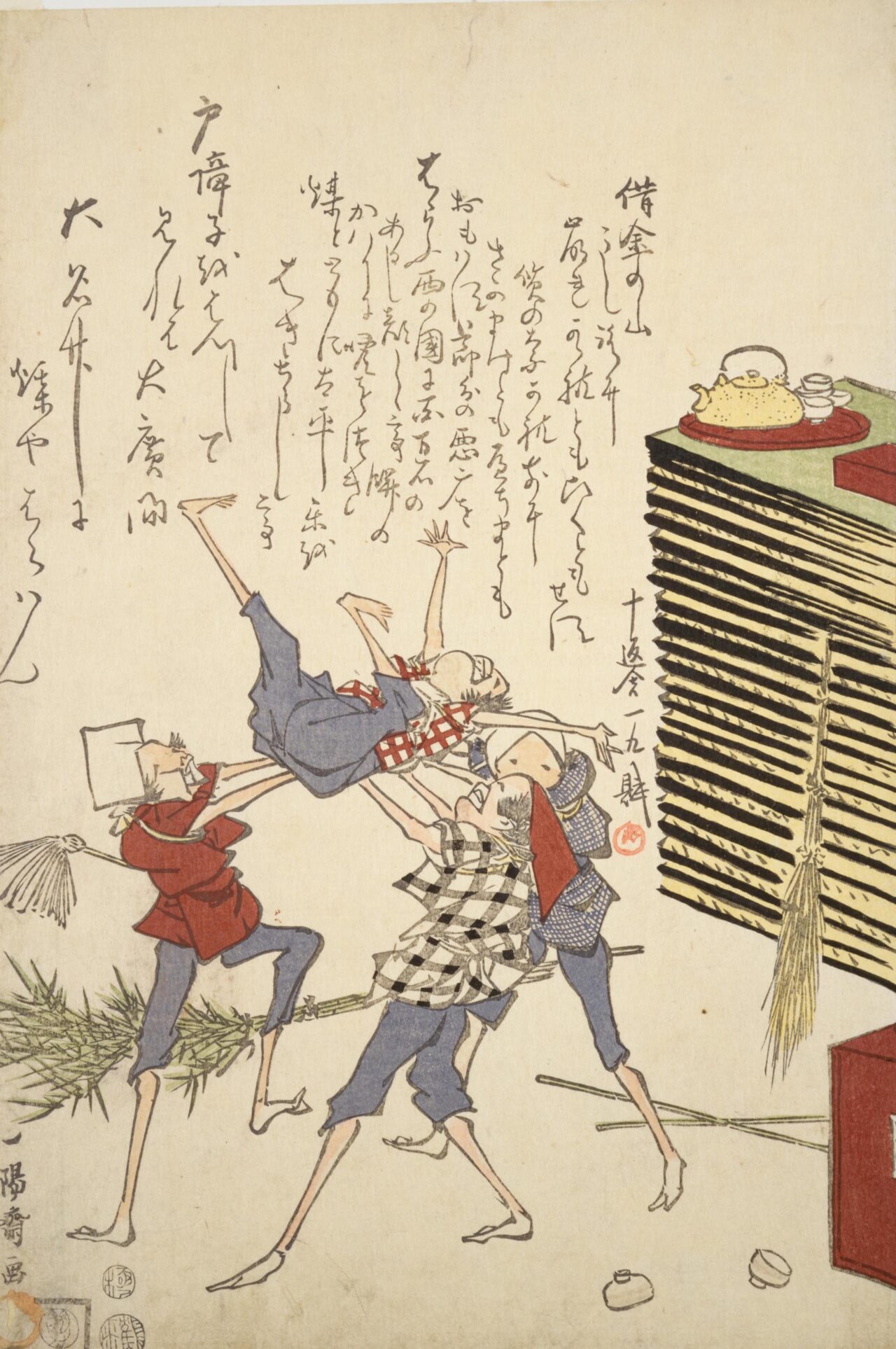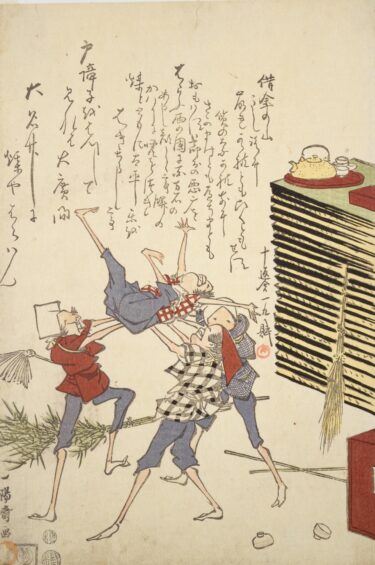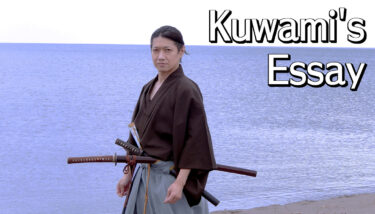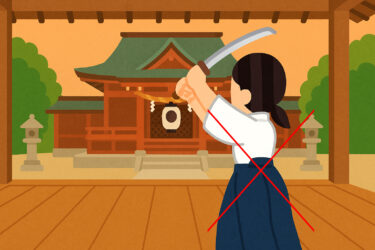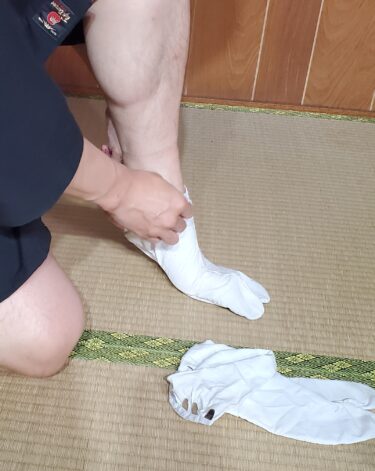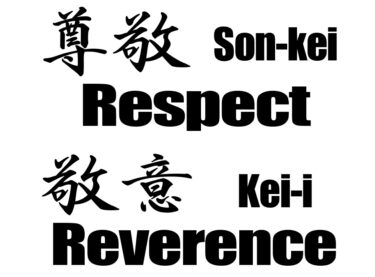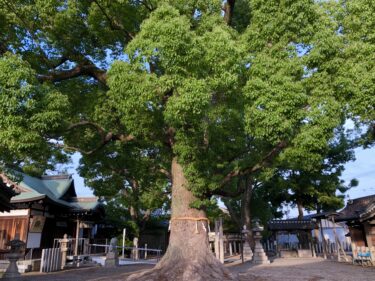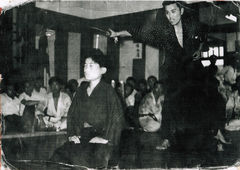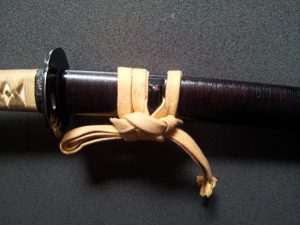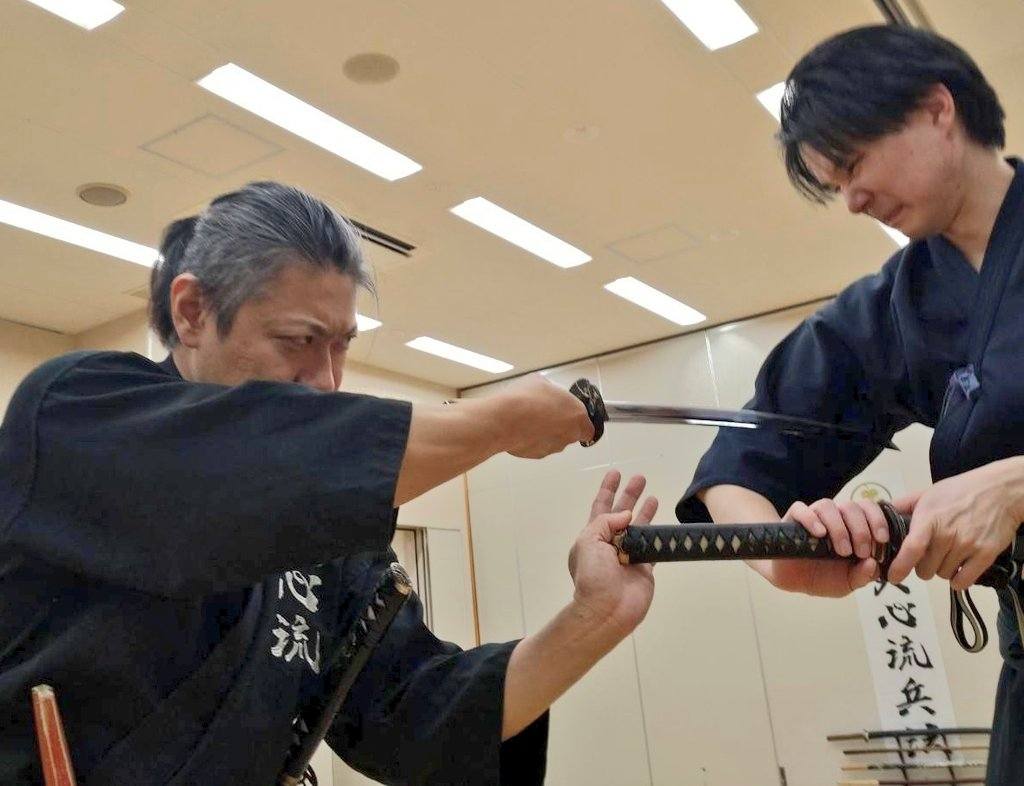
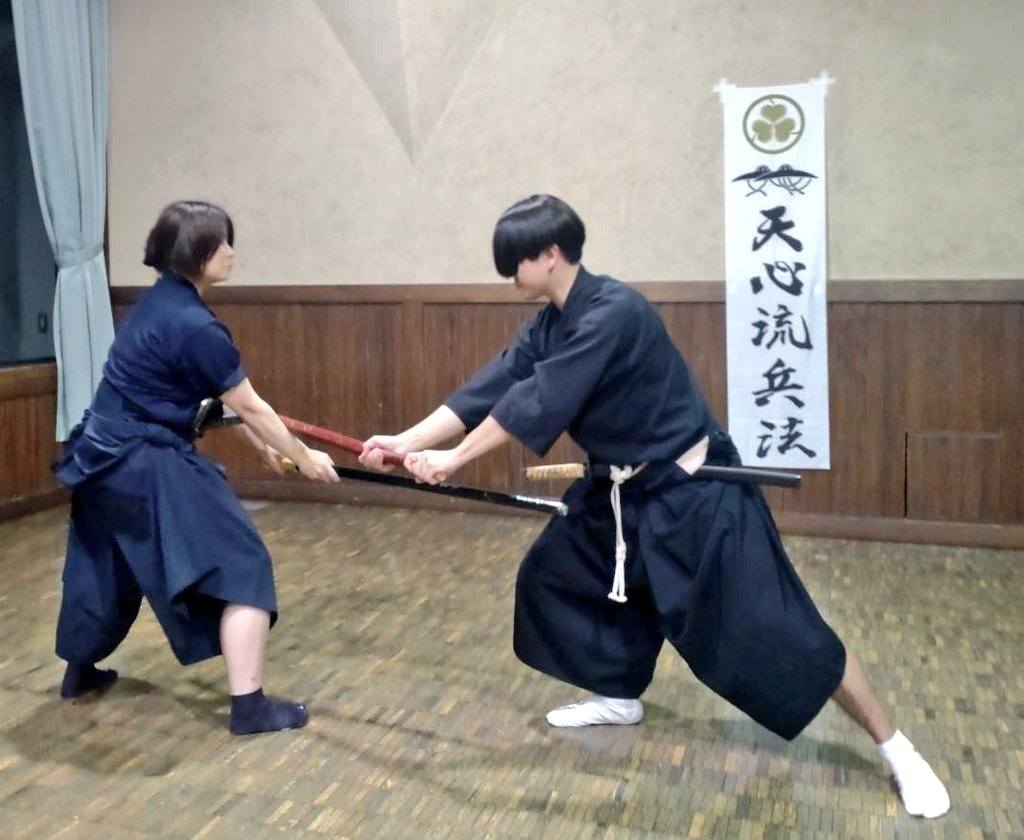
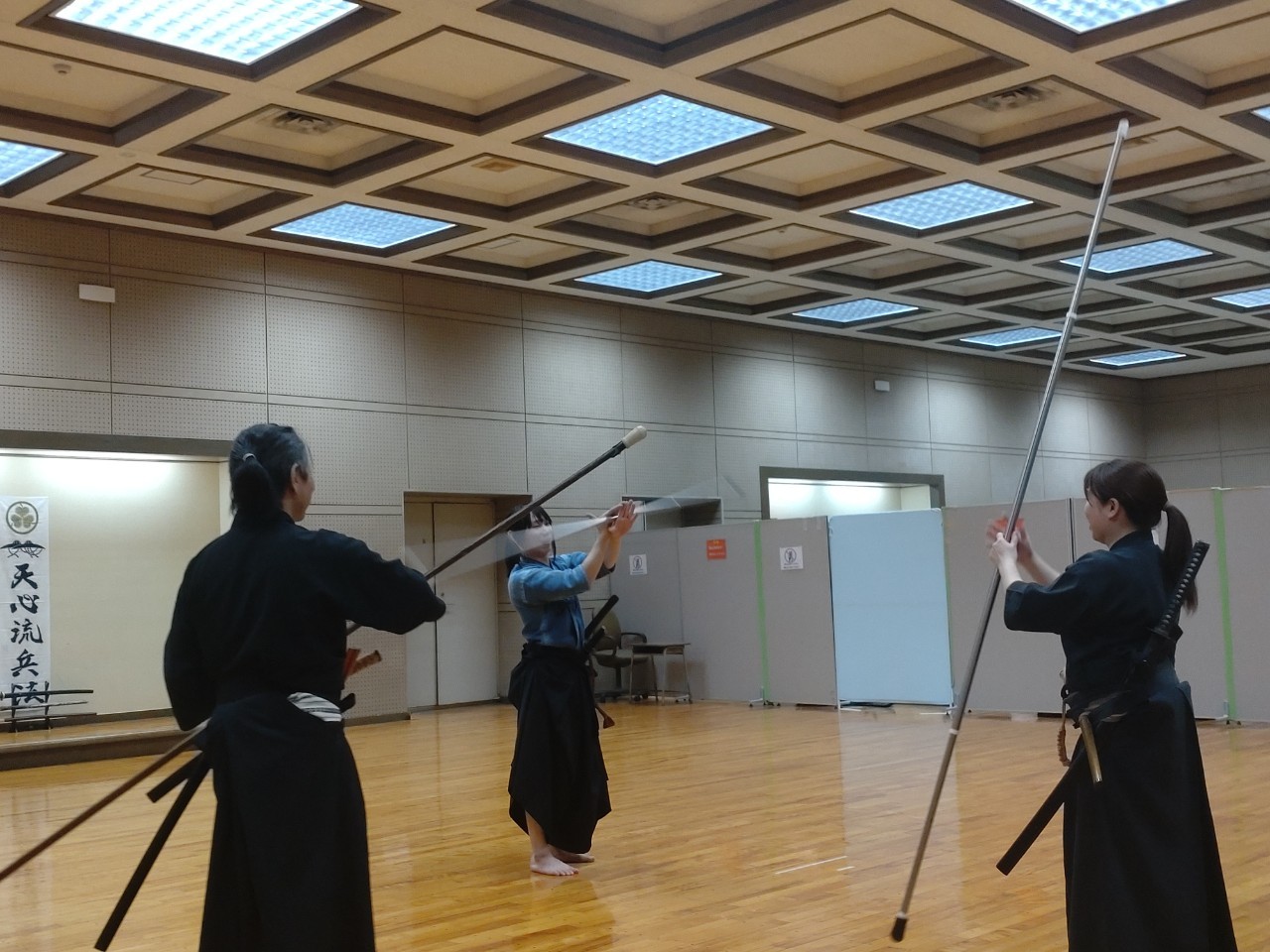
As 2024 draws to a close, Tenshinryu dojos are holding their final practice sessions of the year.
In Japanese cultural schools, the last practice of the year is called Keiko-Osame(稽古納め).
In Japan, beginnings and endings are important, so they are given special names.
The first practice session of the new year is called Keiko-Hajime(稽古始め) or Hatsu-Geiko(初稽古).
At the end of the year in Japan, a traditional custom known as susuharai (煤払い also called susuhaki 煤掃き, meaning “big cleaning 大掃除 o-souji“) is observed. This term refers to the thorough cleaning of homes and spaces. Soot, in this context, refers to the grime that accumulated from sources of light at the time, such as candles or lamps fueled by rapeseed oil. The act of cleaning away soot symbolized purifying the entire house, and this tradition came to be known as susuharai or the end-of-year cleaning.
Both samurai households and commoners would perform this custom on December 13 (in the lunar calendar), though in early Edo Castle practices, it was held on December 20. Interestingly, after completing this event, participants would celebrate by performing do-age(胴上げ) — a celebratory ritual where several people lift someone into the air and catch them repeatedly.
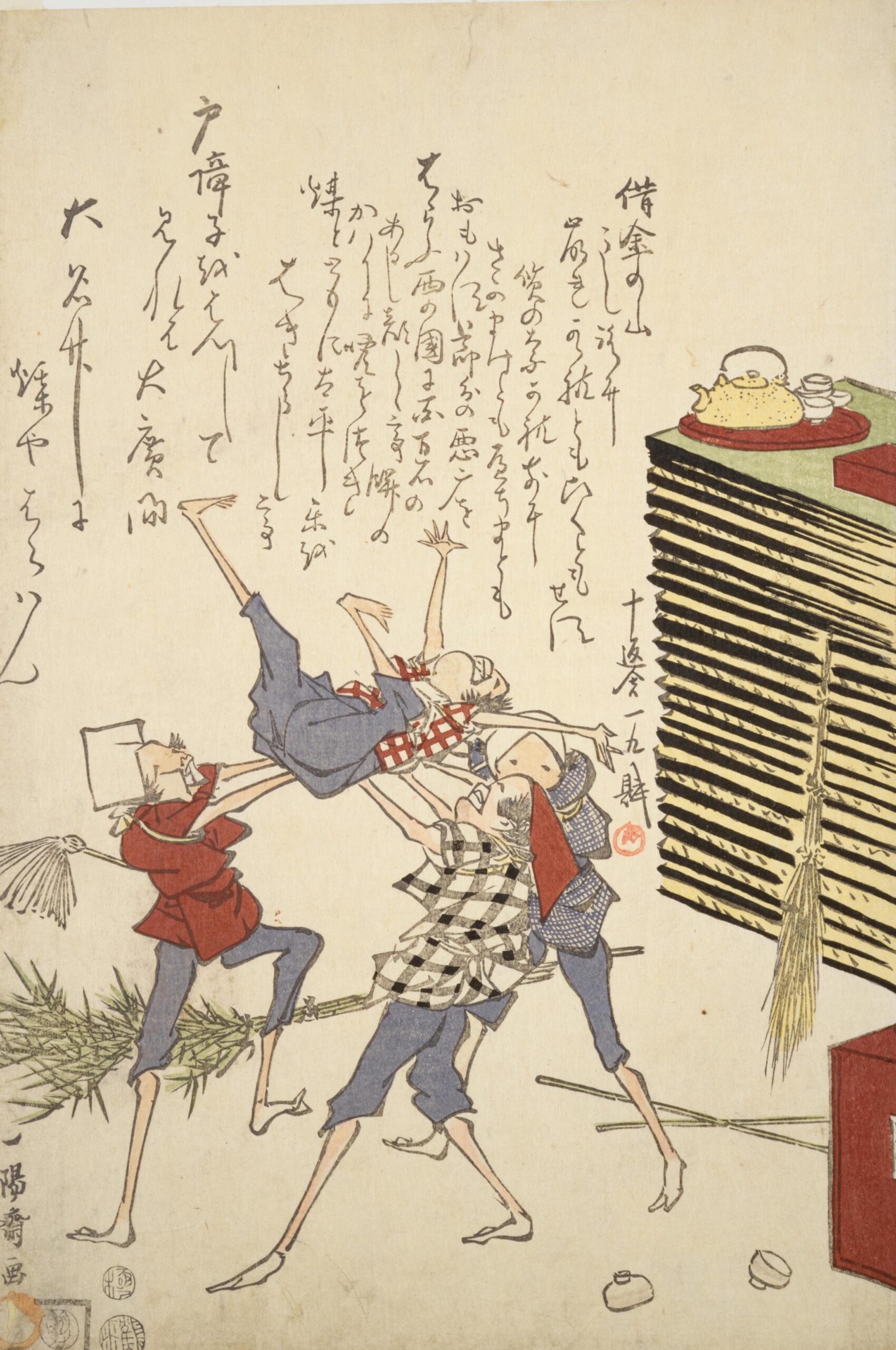 After finishing the cleaning, people would perform do-age. The reason or origin of this practice remains a mystery.
After finishing the cleaning, people would perform do-age. The reason or origin of this practice remains a mystery.
In martial arts dojos, year-end cleaning was also considered important. However, in modern times, this custom has diminished as many martial arts schools no longer own their own dojos.

Do-age(胴上げ)
Although I am not sure about the Edo period, in modern times, many accidents (including fatal ones) have occurred during this do-age ritual. Please exercise caution.
The first practice session of the new year is called Keiko-Hajime(稽古始め) or Hatsu-Geiko(初稽古).
In Japan, when a dojo owns its own space, it is common to hold a *Kagami Biraki (鏡開き)* ceremony during *Keiko-Hajime* (the first practice of the year).
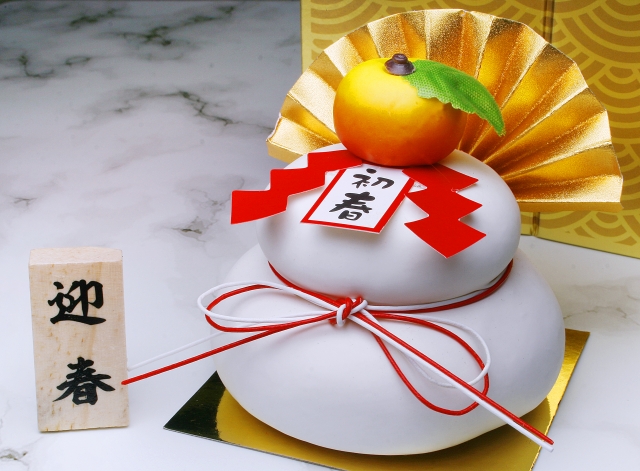
This involves taking down the *kagami mochi (鏡餅)* (round rice cakes) that were offered to the gods during the New Year, breaking them (note that the word “cut” is avoided due to its association with *seppuku*), and sharing them among everyone. They are often eaten as *ozoni (お雑煮)* (a traditional soup). By consuming the rice cakes, believed to be imbued with divine power, participants pray for health and well-being for the year ahead.
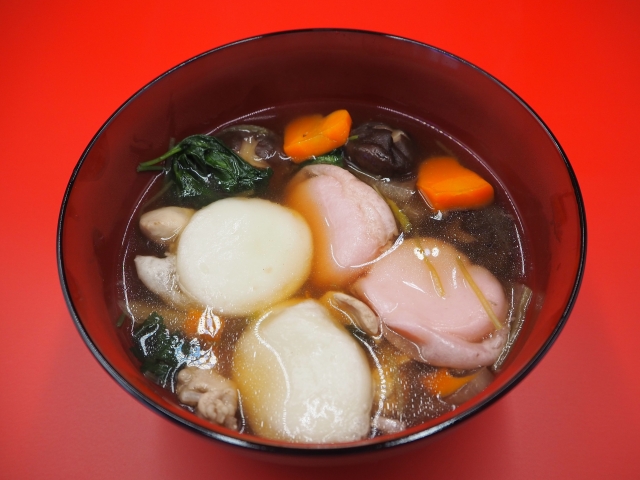 This is ozoni (a traditional Japanese soup). By the way, at the dojo I attended as a child (not Tenshinryu), oshiruko (お汁粉 sweet red bean soup) was served.
This is ozoni (a traditional Japanese soup). By the way, at the dojo I attended as a child (not Tenshinryu), oshiruko (お汁粉 sweet red bean soup) was served.
Currently, Tenshinryu is still in a state of poverty, but in the future, we hope to own our own dojo and carry out annual traditions.
